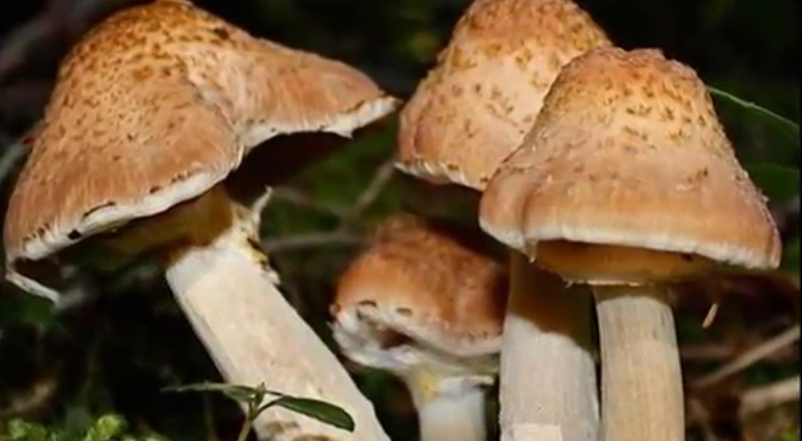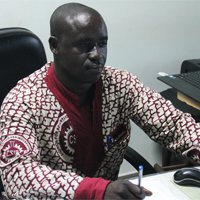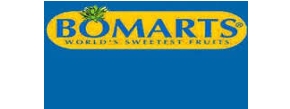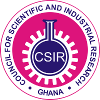History of Food Research
Institute
Food Research Institute (FRI) is one of the thirteen affiliate Institutes and Centres of the Council for Scientific and Industrial Research (CSIR). It was established by the Government of Ghana on 1st Oct. 1963. Legislative Instrument No. 438 of 19th March 1965 later incorporated it into the CSIR as one of the Institutes by a revocation of LI 438 when NLC Decree 293 established the CSIR in October 1968.
Operations of FRI started in 1965 with assistance from the United Nations Development Programme (UNDP) while the Food and Agriculture Organisation (FAO) acted as the executing agency. The phase of UNDP/FAO project assistance lasted for five years, from October 1965 to September 1970. FRI has since blossomed into a full-fledged Research Institute and much more.
Operations of FRI started in 1965 with assistance from the United Nations Development Programme (UNDP) while the Food and Agriculture Organisation (FAO) acted as the executing agency. The phase of UNDP/FAO project assistance lasted for five years, from October 1965 to September 1970. FRI has since blossomed into a full-fledged Research Institute and much more.
Our Director
Mandate
The CSIR-FRI is mandated to conduct applied market oriented research into problems of food processing and preservation, food safety, storage, marketing, distribution and utilisation, and national food and nutritional security in support of the food industry and also to advise government on its food policy.
Overall Goal
The overall goal of the Institute is to assist in poverty alleviation through creation of opportunities for generating and increasing incomes within the micro, small, medium and large-scale food industry; contribute to food security, foreign exchange earnings and the application of cost-effective food processing technologies that are environmentally friendly.
Vision
The Food Research Institute's vision is to be recognised nationally and internationally as an S&T institution that is playing a key role in the transformation of the food processing industry to be internationally competitive with particular reference to product safety, quality and presentation.
Organisational Capacity
CSIR-FRIs’ overall capacity depends upon its resources (human, physical, financial, and technological) and its management (Leadership, program and process management, and networking and linkages). CSIR-FRIs’ resources include personnel, facilities; vehicles, equipment, and funding that are at its disposal.
Mission
The Institute's mission focuses on providing scientific and technological support to the growth of the food and agricultural sectors of the national economy in line with corporate prioritisation and national objectives. Primarily, the CSIR-FRI's mission is to conduct market-oriented applied research and provide technical services and products profitably to the private sector and other stakeholders. To do this the food Research Institute will conduct business in a conducive and transparent working environment with a cadre of highly qualified and motivated staff for timely delivery of quality services and products to clients.
Core Values
Our core values are Professionalism, Team Work, Innovativeness, Competitiveness and Quality Delivery.
Some Fun Facts
0
Years Of
Expereience
Expereience
0
Strategic
Partners
Partners
0
Main
Sites
Sites
0
Countries
Customers Are From
Customers Are From
Our Management Team

Mrs. Vivian AnaneHEAD OF ADMINISTRATION DIVISION
“If you don’t value your time, neither will others. Stop giving away your time and talents. Value what you know & start charging for it.”
Our Scientists

Professor Mary Obodai
Chief Research Scientist

Prof. Charles Tortoe
Director/Chief Research Scientist

Dr. Mrs. Charlotte Oduro-Yeboah
Principal Research Scientist/Head, FTRD/Food Technologist

Dr. Gregory Afra Komlaga
Principal Research Scientist/Deputy Director/Food Technologist and Quality management
Explore Our State of The Art Library
The Food Research Institute library is one of the most important research libraries that provides and disseminates information in the field of food science and technology, nutrition, food microbiology, aflatoxins and mycotoxins, agricultural economics and food engineering in the country.































